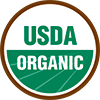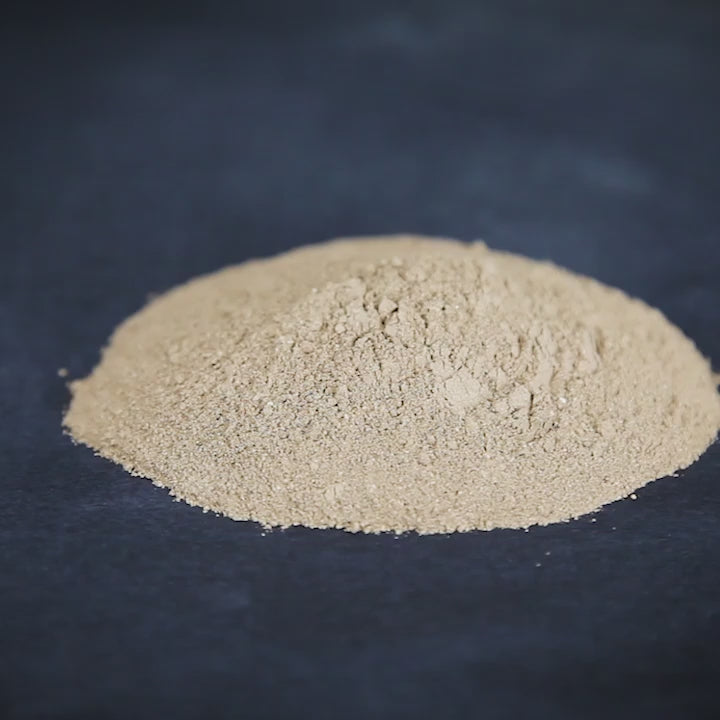Item Number: F6010
Archipelago Bat Guano 0-7-0 (55 lb)
Good for root development, blooms and fruiting
Archipelago Bat Guano 0‑7‑0 (55 lb) is a premium bat guano fertilizer sourced from nutrient-rich guano deposits. This phosphate fertilizer supports long-term soil fertility and enhanced plant growth by gradually releasing essential nutrients that promote root growth, fruit and flower development, and overall optimal growth.
Key Features & Benefits
- Balanced Nitrogen-Phosphorus Nutrition: A potent 0‑7‑0 blend (sometimes referred to as bat poop) that provides strong calcium, phosphorus, and trace minerals to support healthy development.
- Slow-Release Phosphorus: Sustained availability fuels plants over time—ideal for long-term soil fertility enhancement.
- Improves Soil Microbiology: Encourages beneficial microbial activity for better nutrient absorption and helps maintain soil pH balance.
- Supports Healthy Plant & Root Growth: Boosts early root growth and ongoing plant vigor for fruitful gardens.
Application Guidelines
- Soil Enrichment (square feet guide): Apply 1–2 lbs per 100 square feet for general fertilization. Mix into soil before planting or use as a top-dressing during the growing season.
- Compost Tea: Use in foliar feeding preparations to boost nutrient delivery.
- Recommended Quantity: A full 55 lb sack covers moderate garden areas or focused planting zones effectively.
Why Choose Archipelago Bat Guano?
- Natural Phosphate Source: Unlike chemical alternatives, this soft rock guano remains stable in soil and delivers phosphorus gradually.
- Eco-Friendly: Harvested responsibly from bat colonies, it supports both plant and ecosystem health.
- Efficient and Safe: Effective with minimal application and gentle enough to avoid over-fertilization risks.
- Versatile Fertilizer: Excellent for soil preparation, container mix-ins, top-dressing, or use in compost or teas.
For more organic growing solutions, explore our fertilizer & growing supplies.
For smaller applications, Archipelago Bat Guano 0-7-0 (5 lb) is available.
Related Products:

Check Your Zone Compatibility:
Compatible with your zone.
Growing Zone for

Our Guarantee To You
Since 1976, we've served our customers at every stage of growing. Please contact us at any time. We are happy to support and assist you.
Shipping Information
Shipping Information
Cannot ship to the following states: PR
Does not qualify for Flat Rate Shipping.
Shipping Weight: 55.0 lb
Dimensions: 21.5"L x 15.5"W x 5.5"H
Features
Features
Characteristics
Characteristics
Use Instructions
Use Instructions
Useful Information
Useful Information
Guarantee
Guarantee
Share





